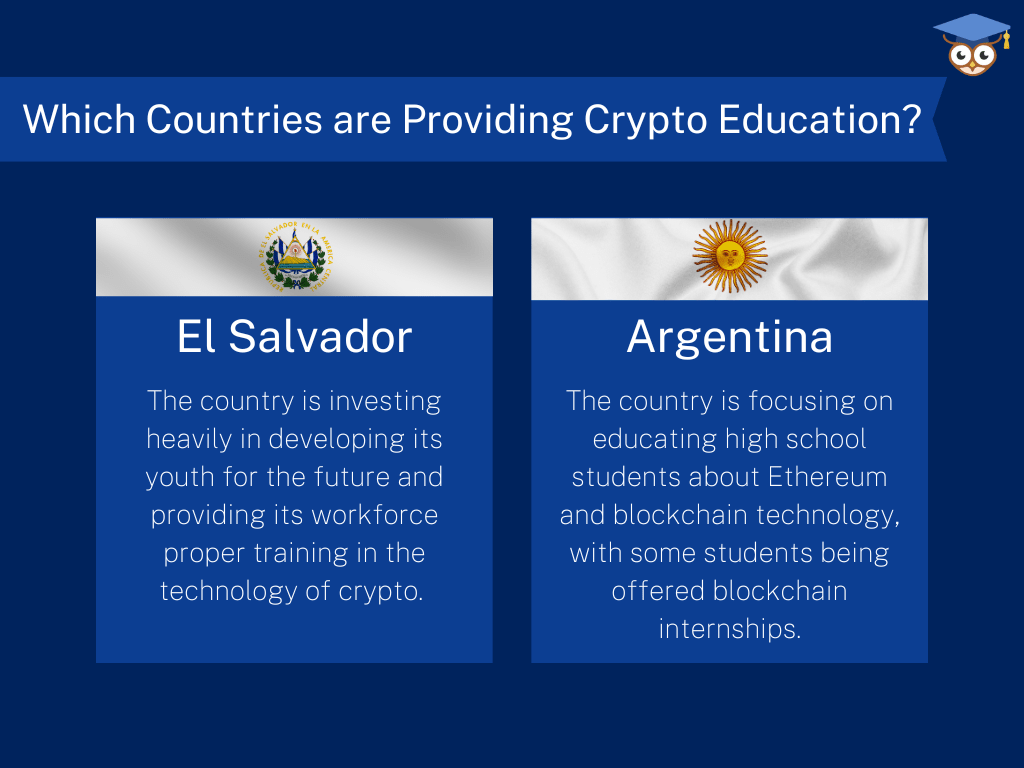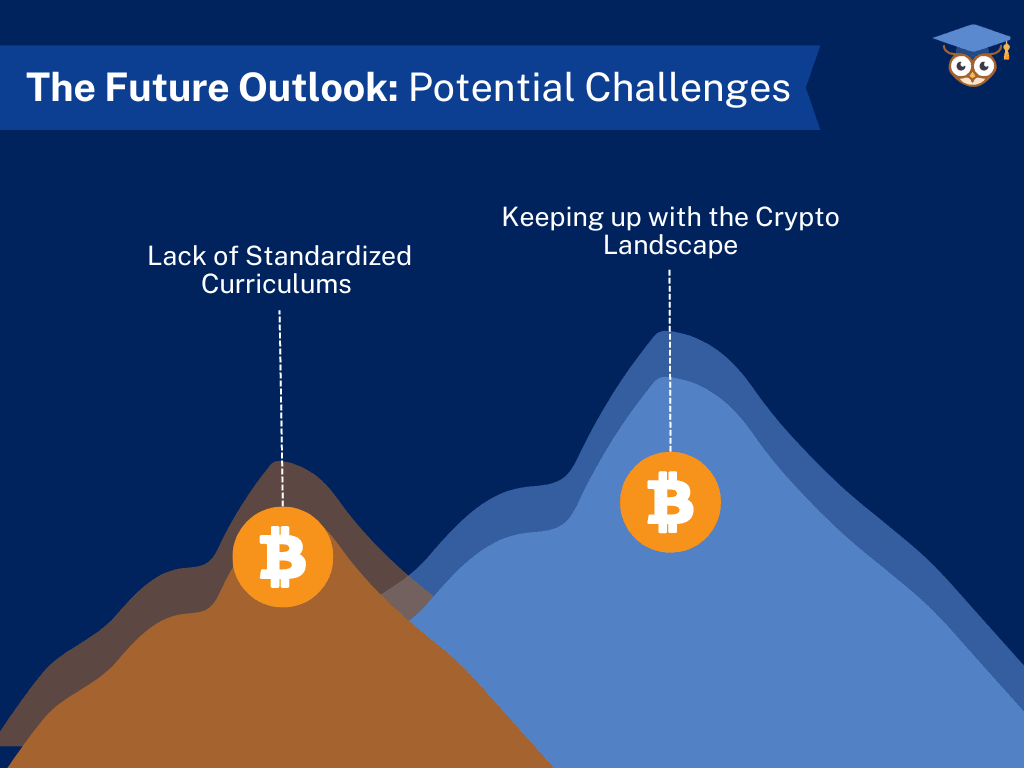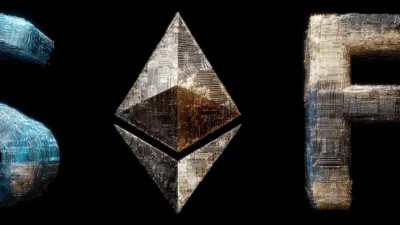Welcome to DC News, where we break down relevant crypto news so that new users can get a feel for what’s happening around the world and how crypto impacts our daily lives. We like to consider ourselves crypto educators. When we see events like this happening, it makes us proud to be in the space.
Fact: Blockchain is here to stay. And now, some governments are proactively preparing their citizens for the future by introducing crypto education in their school curriculums.
Incorporating crypto in education is a shift happening worldwide, and it’s a big deal for new crypto users and beginners. Some might call it a global trend.
Let’s take a look at specific examples from El Salvador and Argentina and discuss what this means for the rest of us.
Breaking Down Crypto in Education
The rising importance of cryptocurrency education is indisputable. As digital currencies become more mainstream, understanding how they work is essential for everyone.
From personal finance to global economics, crypto knowledge can open new doors and opportunities. Here’s how governments incorporate crypto in education, making it accessible to the masses.

El Salvador’s Pioneering Crypto Educator Efforts
El Salvador has been making headlines with its bold move to adopt Bitcoin as a legal tender and establish itself as the premier crypto educator force. It’s also investing heavily in developing its youth for the future and training its workforce to be properly trained in the technology of crypto.
The Bitcoin Office of El Salvador recently announced that 80,000 public servants will receive instruction on Bitcoin. The training will be part of the Public Administration curriculum provided by the Higher School of Innovation in Public Administration (ESIAP).
President Nayib Bukele established ESIAP in August 2021 to strengthen public administration through training and research programs.
The Bitcoin topic is included in the seventh module of the Public Administration certification, which consists of nine modules and can be completed in 160 hours. This module also covers related subjects like blockchain, cybersecurity, and artificial intelligence (AI). By educating its public servants, El Salvador wants to establish a well-informed workforce ready to handle the complexities of crypto.
Argentina’s Unique Approach
Argentina is taking a different yet equally impactful approach. The country is focusing on educating high school students about Ethereum and blockchain technology. This initiative is a collaboration between the Ethereum Kipu Foundation and the Ministry of Education of the City of Buenos Aires.
According to the foundation, this partnership marks a significant step in preparing the next generation for the tech economy. Starting on August 27, students in Buenos Aires will have the opportunity to participate in professional internships in blockchain projects.
In addition to internships, the initiative includes an online Solidity course, the programming language for Ethereum apps. This course aims to train 500 students aged 18 and over, empowering them to join the Ethereum developer community and create practical applications.
To ensure the success of this program, the foundation is also training 30 teachers through a hybrid training program. While the initiative is currently limited to Buenos Aires, it sets a precedent that could inspire other cities and provinces.
Why Add Crypto in Education?
Why is crypto in education so important? For one, it impacts the global perception and adoption of cryptocurrencies. When people understand how crypto works, they’re more likely to use it confidently and responsibly.
Crypto education also has potential benefits for the economy. By integrating crypto into curriculums, countries can nurture a tech-savvy workforce ready to contribute to the growing digital economy. This can lead to new job opportunities, innovation, and economic growth.
Furthermore, crypto education enhances individual financial literacy. Understanding digital currencies can help people make informed decisions about their investments and financial strategies, ultimately leading to greater financial independence.
The Future Outlook

Implementing and sustaining crypto education comes with its own set of challenges:
- One significant hurdle is the lack of standardized curriculums. Different countries and educational institutions may have varied approaches, leading to inconsistencies in the quality of education.
- Another challenge is keeping up with the rapidly evolving crypto landscape. What students learn today might be outdated tomorrow, making continuous curriculum updates a priority.
As more countries recognize the importance of digital literacy, we can expect to see more comprehensive and accessible crypto education programs. These initiatives could serve as models for other countries and ultimately play a crucial role in the global economy.
The Next Crucial Steps
The integration of crypto in education represents a pivotal shift in how future generations engage with finance and technology.
As demonstrated by the initiatives in El Salvador and Argentina, governments are recognizing the necessity of becoming a leading crypto educator and equipping their citizens with knowledge and skills to thrive in a digital economy.
Establishing a culture of crypto literacy prepares these societies’ youth for emerging job markets and empowers individuals to make informed financial decisions.
Although challenges such as standardization and curriculum updates remain, the push for comprehensive crypto education is a step towards adapting to an increasingly digital world.
As this movement grows, it has the potential to redefine economic futures and enhance the overall societal understanding of digital currencies.












